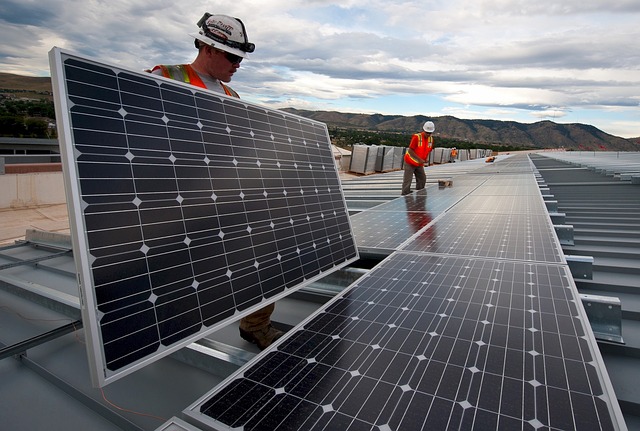Kolkata uses solar lamps on a large scale for household/domestic purposes compared to other tier 1 cities; while Bengaluru constitutes the highest number of solar water heater consumers amongst all the metros.
These are the findings of a pan India study to gauge the awareness and penetration of household solar energy products in urban India by Velocity MR. The national study was conducted among a sample size of 2,580 respondents and covered prominent Indian cities including Delhi, Kolkata, Mumbai, Hyderabad, Bangalore, and Chennai.
The Indian economy is growing at a rapid rate and energy shortage is bound to grow into a big hurdle in the upcoming years. In this research study, an attempt was made to identify and analyse the major triggers and barriers to the use of solar products in Indian households. Interestingly it is a promising outlook for Solar energy, as an overwhelming 95% of the respondents have expressed interest in buying Solar products for their daily use if available. This is further corroborated by the fact that more than half of the respondents that were surveyed, claimed to have used Solar energy in some form or the other.
In the study, Tata Power Solar emerged as the most preferred brand amongst the top 10 solar panel manufactures in India followed by Vikram Solar. Solar lamps and solar water heaters were voted as the most used solar products, with 1 in every two respondents claiming to use it.
Adds Jasal Shah, Managing Director & CEO of Velocity MR, “For a manufacturing economy like India, it is very challenging to supply electricity to the growing population without relying heavily on coal a natural resource, but one that is depleting rapidly. It is estimated that this valuable fuel source is not likely to last beyond 2040-50 in India due to its rampant consumption. However, the geographical location of India presents tremendous scope for generating other forms of energy including solar power. As the study suggests, it is time for India to wake up to this looming crisis and to promote other forms of alternative energy to avoid a catastrophe in the future.”
Highlights of the Study
- ‘Environmental concerns’ and ‘Reduction in electricity costs’ are found to be the major triggers for using solar products whereas, ‘High maintenance costs’ and ‘Lack of space for installing solar panels’ are the key barriers to use solar products in Indian households
- Even though 71% of the respondents think that the Government is taking some initiative in making Solar energy available for general use, there is an issue with its awareness amongst the public (80%) and motivation for manufacturers (68%). Consumer awareness of solar technology and adequate government initiatives should be incorporated to promote the usage of solar products for household/domestic purpose.


